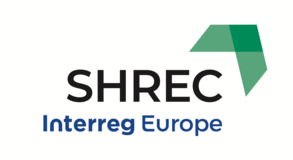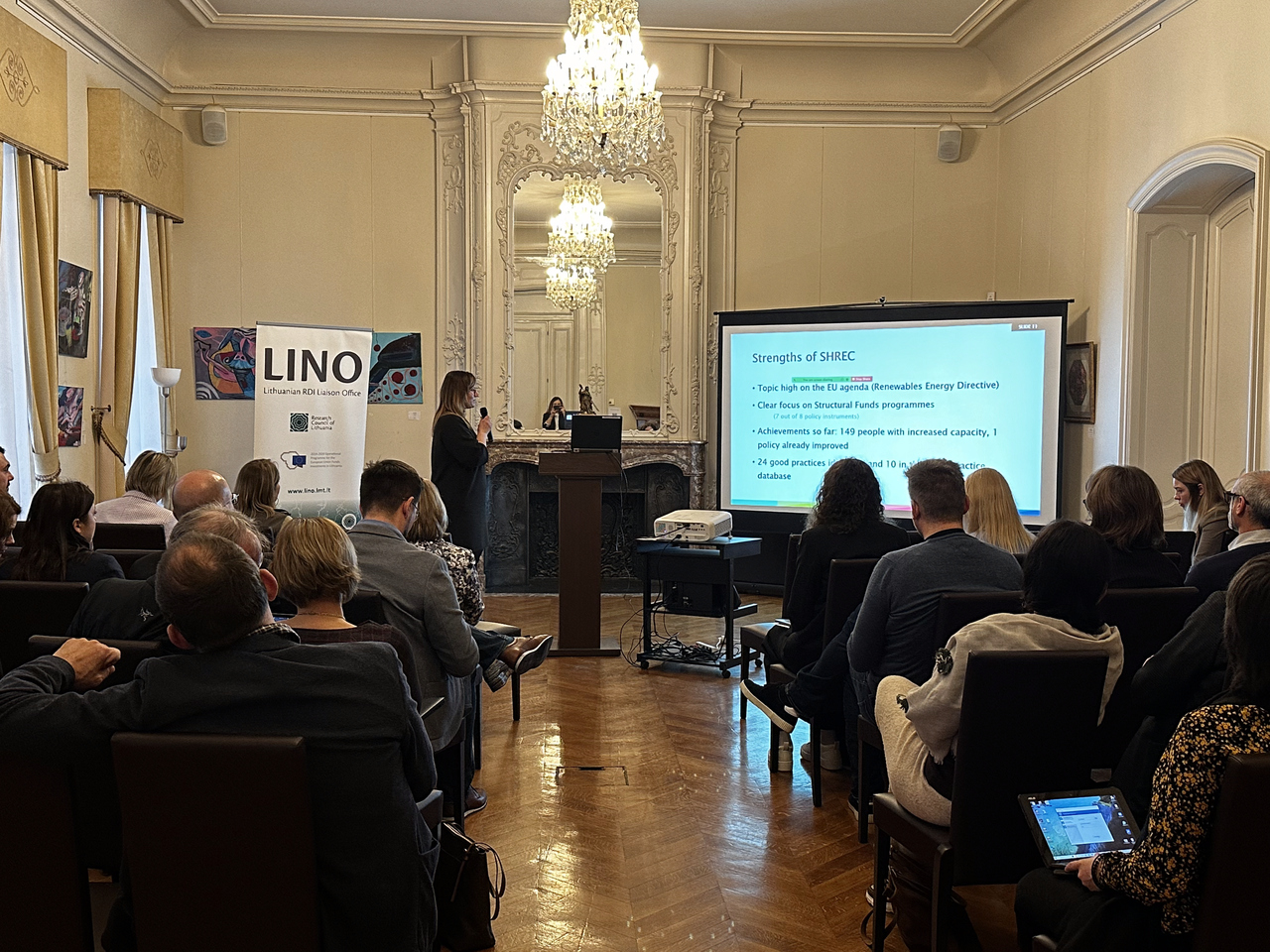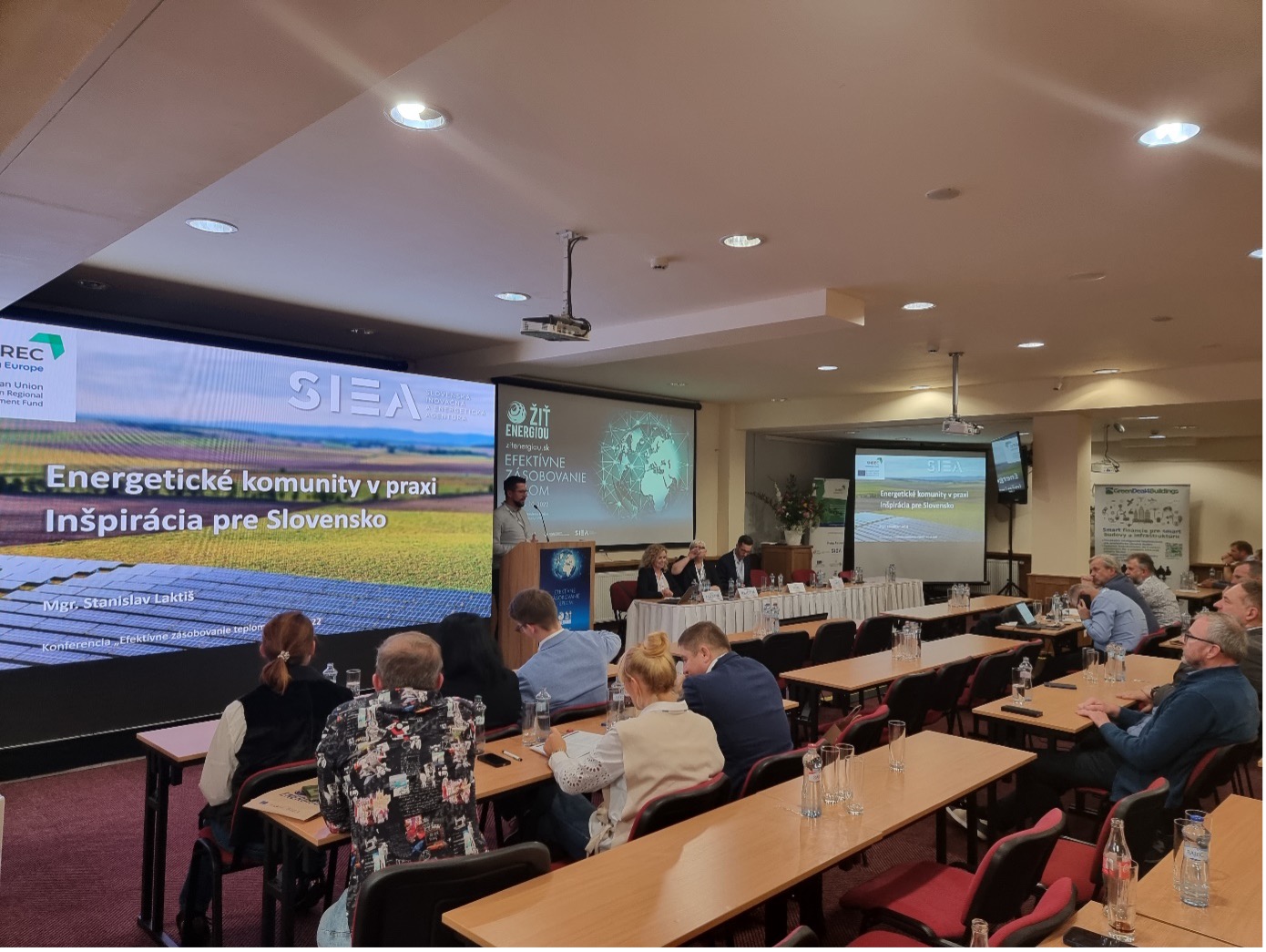The third SHREC Stakeholders Meeting, organized by Piemonte Region as a virtual conference on November 19, gave the opportunity to take stock of the development of the first four Energy Communities (EC) ongoing projects, to present a new project and have a look at some updates concerning the national legislation framework. Furthermore, the meeting was a great opportunity for networking activity, as other 3 European projects were invited to present their experience in the field of EC.
The large participation to the virtual event, 50 attendees, confirmed the interest of regional stakeholders in EC, which are one of the main topics in the roadmap for the regional energy transition nowadays. They were representatives of policy makers, local administrations technicians, energy utilities, academia and research institutions.
The four EC, which received a regional financial support by the Region and are involving about 70 municipalities and some enterprises, started working at the territorial energy balance and at the most appropriate association form which should be given to communities. The main problems that have emerged up to now are related to the uncertain national regulatory framework and to the availability of some energy data. A new EC is also starting to explore the territorial situation, thus showing the increasing interest of local administrations in this topic.
Thanks to the presentations of the experiences and best practices in developing EC made by the Province of Girona (Spain) and the Interreg Alpine Space "AlpsGrid" project, participants were able to get an idea of how it works in other European contexts. Besides, the Interreg MED "Renewable Energies" presented some tools and initiatives implemented by the project which could be useful for the ongoing Piedmontees EC and which are freely available.
Once more, is highlighted that the Piemonte Region is called to play an active role as coordinator between the national and the regional level and between private energy utilities and the EC and that this action will be further developed thanks to the SHREC project implementation.












